
The FDA has approved esketamine for adult patients with treatment-resistant depression. The treatment has demonstrated improvement in depression symptoms, as well as sustained improvement in symptoms.
Jaime is a freelance writer for The American Journal of Managed Care® (AJMC®), where she previously worked as an assistant editor.
She has a BA in print journalism from Penn State University. You can connect with Jaime on LinkedIn.

The FDA has approved esketamine for adult patients with treatment-resistant depression. The treatment has demonstrated improvement in depression symptoms, as well as sustained improvement in symptoms.

During the AcademyHealth National Health Policy Conference, held February 4-5, 2019, in Washington, DC, experts from around the country sought to make sense of the abundance of changes occurring in the healthcare system.
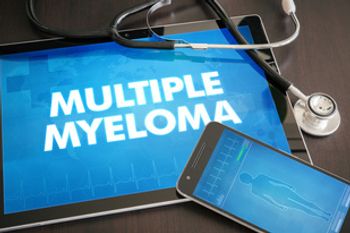
Compared with other drug regimens, a carfilzomib-based regimen resulted in longer time to next treatment, as well as longer overall survival and improved 24-month survival, among patients with relapsed or refractory multiple myeloma (RRMM).
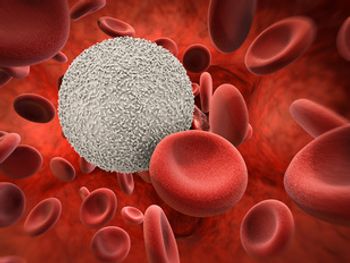
Hematological consequences of severe chronic neutropenia vary based on the underlying etiology of the condition, according to a study abstract presented at the 60th American Society of Hematology Annual Meeting & Exposition.

Between 2014 and 2017, antivirals were consistently the number 1 most costly outpatient drug group for Medicaid, and HIV antiretrovirals and hepatitis C drugs accounted for more than 90% of spending on these antivirals.

According to a new study, migraine is associated with a higher risk of open-angle glaucoma compared with patients with no migraine.
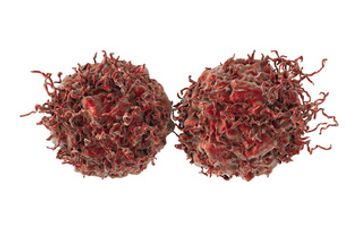
Patients with metastatic castration-resistant prostate cancer (mCRPC) have a lower risk of developing grade 3 or 4 neutropenia, likely due to less exposure to docetaxel.

Both travel and wait times for healthcare services are longest when compared with other services, such as getting a license or a vehicle repaired.

Updates on reporting otucomes and pathway design from Patient-Centered Oncology Care®.

While rates of physician burnout decreased between 2014 and 2017, burnout remains higher among physicians than among other fields.

Patients with hematologic malignancies often receive intensive care at the end of life (EOL), but new research has demonstrated that hospice services and palliative care are associated with significantly improved EOL care quality.

Initial results of a study have found that white blood cell counts and absolute neutrophil counts, which are well-established predictors of risk of infections or febrile neutropenia, can be accurately measured with a finger stick drop of blood and point-of-care hematology results.

Unsatisfied with the status quo, younger patients are even more likely to use nontraditional health services, such as walk-in clinics and telehealth, compared with older generations.
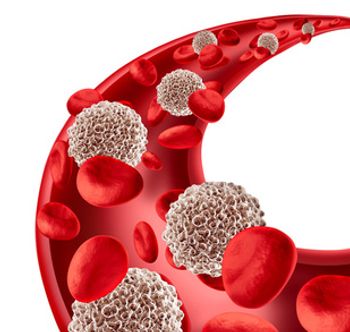
Researchers have found that multiday corticosteroid administration during chemotherapy delays the diagnosis of and antimicrobial administration for febrile neutropenia.

Researchers have found the duration and frequency of migraine are associated with these disorders.
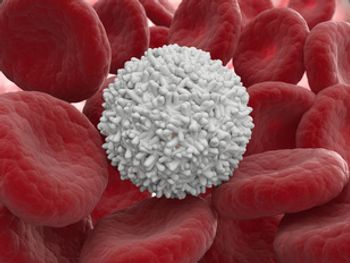
Researchers have determined that febrile neutropenia has a low rate of bacteremia and approximately half of patients receive the recommended initial empiric therapy.

Researchers have determined that there is moderate quality evidence suggesting that aerobic exercise as prophylactic treatment can decrease the number of migraine days among patients with migraine.

CMS' Center for Medicare & Medicaid Innovation has launched a 5-year voluntary payment model offering more options for ambulance suppliers and providers to utilize alternative sites of care and telemedicine.

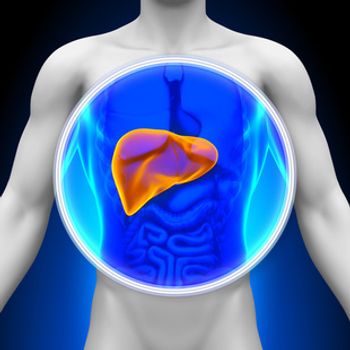
The HOPE in Action Multicenter Liver Study will determine the safety of 80 HIV-to-HIV liver transplants.


A new study has indicated that patients who experience late onset migraine with aura (MA) may be at an increased risk of ischemic stroke in late life despite having a shorter history of MA.

A study has demonstrated that D-index–guided early antifungal therapy, a novel approach to treating persistent or recurrent febrile neutropenia, is feasible in high-risk patients with neutropenia.

While one-third of primary care providers (PCPs) reported participating in breast cancer treatment decisions with their patients, a significant amount of them also indicated that they were not comfortable or did not feel that they had the necessary knowledge to participate in the treatment decision-making process.

A systematic review has found that immune checkpoint inhibitors are safe in patients with cancer living with HIV, and that these patients have similar objective response rates for certain cancers that have been seen in uninfected patients with cancer.

Hoping to clarify the pathogenic mechanism that underlies migraine attacks triggered by sound, researchers have identified specific signal components associated with unpleasantness for patients with migraine.

During AcademyHealth National Health Policy Conference, held February 4-5, in Washington, DC, healthcare stakeholders joined together at the nation’s capital to provide insight into the latest updates in policy and care delivery that are shaping the future of healthcare.
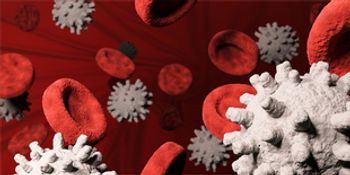
According to a study abstract presented at the 60th American Society of Hematology Annual Meeting & Exposition, using a skin patch for continuous temperature monitoring is feasible in the inpatient setting and has the potential to detect febrile neutropenia earlier.

In 2010, OxyContin was reformulated and an abuse-deterrent version was introduced, leading to an increase in heroin use and subsequent rise in hepatitis C infection rates.

Three months following the 2018 midterm elections, a panel discussion at AcademyHealth National Health Policy Conference, held February 4-5 in Washington, DC, outlined how much healthcare did, or didn’t, play a role in the elections, as well as what healthcare trends to expect in 2019.

259 Prospect Plains Rd, Bldg H
Cranbury, NJ 08512
© 2025 MJH Life Sciences®
All rights reserved.
